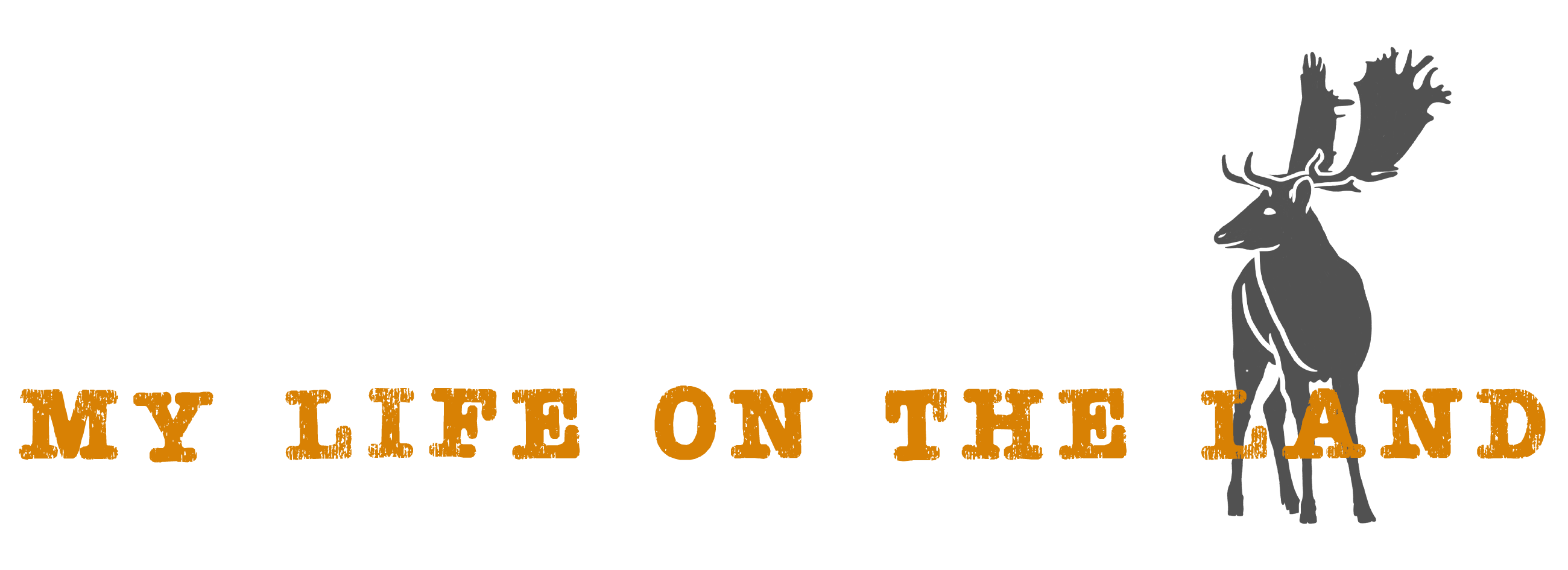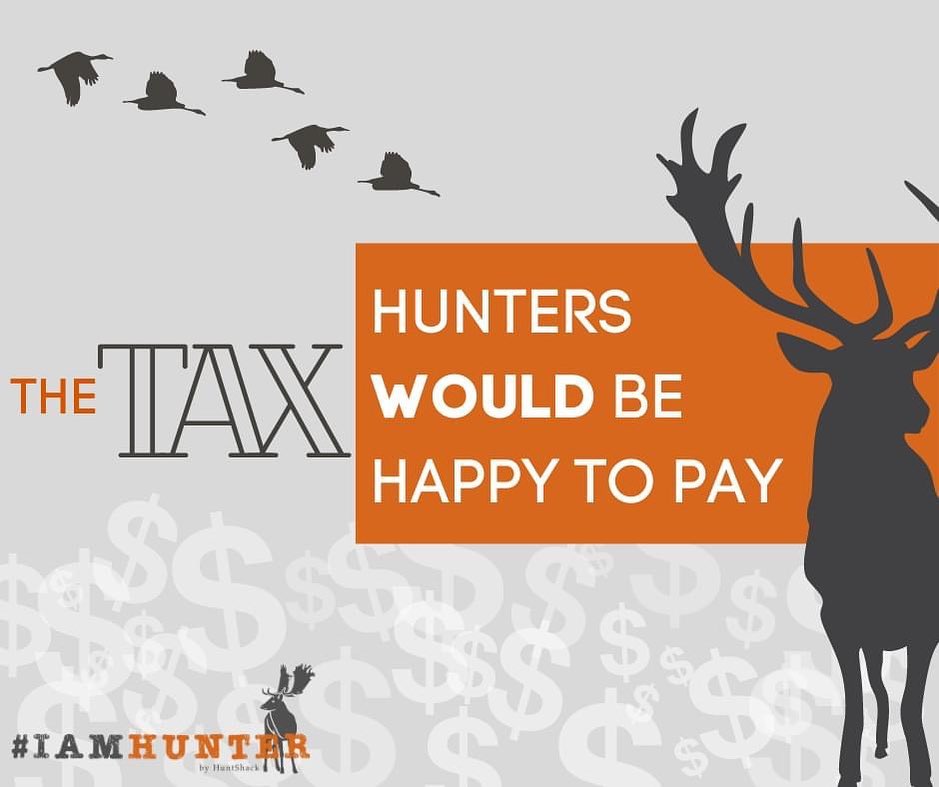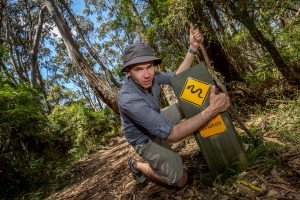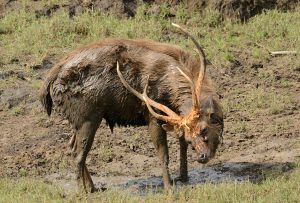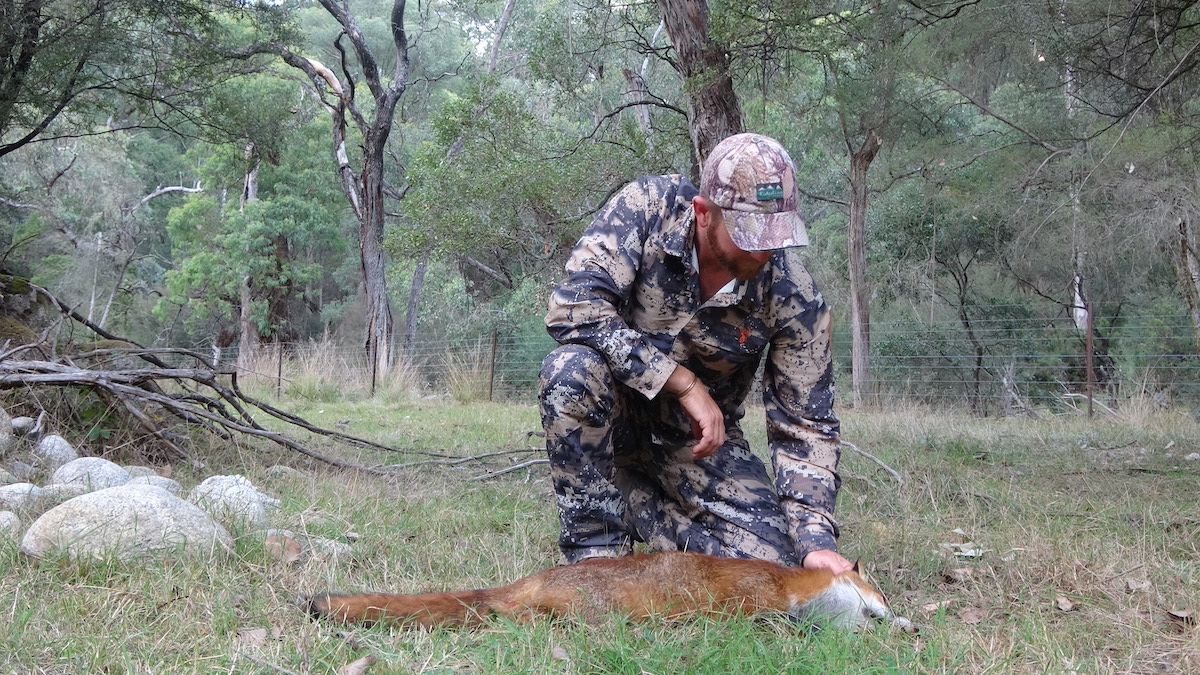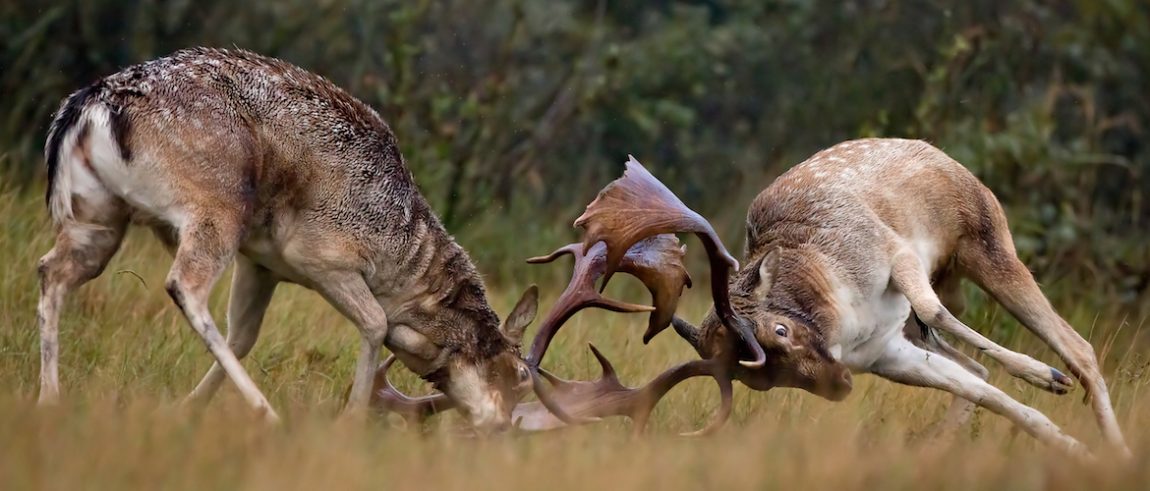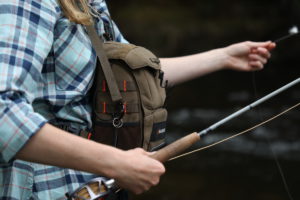Let’s talk about taxes – and more specifically, taxing hunting equipment and firearms. Even saying that out loud leaves a bad taste in my mouth. After all, nobody likes paying tax, but as Benjamin Franklin and Daniel Defoe both said, there’s nothing certain in life except death and taxes. But if there’s one thing that hurts more than actually paying tax, it’s knowing that nothing good actually comes from you handing over your money! I read an article this morning that talked about the taxes American hunters pay on their firearms and ammunition, which funds wildlife conservation and restoration across the country. It got me thinking about the taxes we pay in Australia, and where that money goes. Do our taxes also fund conservation efforts? Well, short answer – no. As we’ll discuss later, the taxes we pay are actually designed to penalise hunters in a bid to disincentivise people to take it up!
But before we go into that, let’s have a quick look at the US system.
Pittman and Dingell
Back in 1937, hunters and sports shooters lobbied the US government to create the Pittman-Robertson Wildlife Restoration Act, which is basically an 11 percent tax applied to firearms and ammunition sales. You might wonder why any sane person would ask to pay more taxes, but this group were actually quite clever. The tax already existed. But like most other taxes, the money just went straight into the Federal Treasury and could be used to fund whatever the government of the day chose to spend it on.
The beauty of the Pittman Robertson Act was that it created framework and legislation that determined exactly how and where the taxes could be used.
A federal grant fund was set up that only state wildlife agencies could access, and the money had to be used for either hunter education and programs, or for the conservation and restoration of wildlife itself. Not just the species hunted, but all wildlife and their habitats.
Since its inception, the Pittman Robertson Act has raised over $19 billion for wildlife conservation and hunter education.
Even more amazing, the Pittman Robertson tax funds a whopping 60 percent of all wildlife conservation in America, despite the fact that only 5 percent of the population actually hunts.
The Act was such a success that 13 years later, anglers jumped on board and created their own version – the Dingell Johnson Act – which applies a 10 percent tax on fishing and boating sales to be used to protect and conserve waterways and marine environments.
The combined taxes from the Pittman and Dingell Acts directly funnels $1.4 billion a year towards conservation and environmental protection.
So how does Australia’s system compare?
Down under thinking
When I was researching American taxes and conservation funding, the information was pretty easy to find, as there has been many articles written about it over the years.
Not so much when it came to finding the same information for Australia.
Like many, I assumed we paid a straight 10 percent sales tax on firearms and ammunitions, as part of our flat rate goods and services tax (GST).
Imagine my shock and horror when I discovered on the Australian Parliament House website that, after the Port Arthur massacre, the government jacked up the sales tax on firearms and ammunition to a whopping 22 percent!
And get this – not a single cent of it goes to wildlife conservation, hunter education, firearms training or anything even remotely like it.
In fact, here’s a direct quote from the APH website that should concern every hunter and shooter in Australia:
“The Commonwealth might place a high rate of tax on firearms and ammunition creating financial disincentives to ownership of firearms and ammunition.”
So not only do the taxes we pay not go toward anything of real worth to the hunting/shooting community but the taxes are used specifically to penalise existing hunters and shooters, and discourage anyone else from taking up the sport or buying a firearm!
Despite the website suggesting that the taxes could be used to help fund a buy back scheme, the government can’t even claim that they do this, as the buy back scheme itself only ran from October 1996 to September 1997 and cost the Australian public $367 million (AUD).
Instead, we have a permanent Firearm Amnesty, which allows people to surrender firearms without consequence but with no financial compensation, and an onerous Firearms Registry that costs hundreds of millions of dollars to maintain and has virtually no verifiable benefit to the general public (less than 3 percent of gun crime in Australia involves a legally purchased gun).
So how much money does the Australian government make off hunters and shooters, and where does that money go?
Nobody really knows the answer to this, as there is no single source of transparent information that breaks tax revenue and spending down to this level.
I couldn’t even find a definitive government source that provided the number of registered firearms owners in Australia, or how much money is spent on firearms and ammunitions each year.
In fact, according to the Sydney University, many Australian states refuse to provide accurate statistics on registered firearms owners in their state.
That being said, the guesstimate is somewhere around 868,110 licensed firearms owners and a total of 3,518,025 registered firearms, down from a high of 2,381,000 licensed firearms holders and 4,000,000 guns in 1989 – prior to Port Arthur (notice the government’s disincentive program ‘succeeded’ in less people owning more guns each).
Now assuming each of these spent a minimum of $500 per year on firearms and ammunition, the Australian government should be raking in around $100 million a year in tax revenue from us hunters and shooters.
But given that most of us spend well in excess of this, it stands to reason that the accurate figure is significantly higher than this!
Now imagine for a moment if that money actually flowed back into conservation and wildlife management…
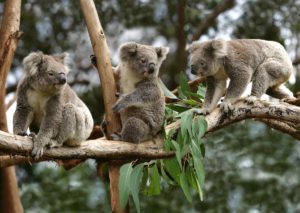
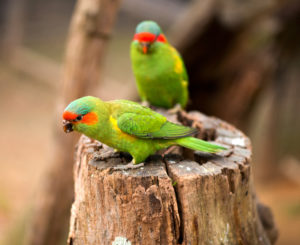

Imagine how many koalas, swift parrots and numbats could have been saved? How many feral cats and foxes could have been removed from the environment? How many millions of acres of land could have been restored?
Imagine if, instead of punishing people for daring to own a firearm and wanting to provide sustainable meat for their famillies (at a time when food insecurity is at an all time high), we recognised the collective power of hunters to fund conservation and education programs that would ensure our iconic environment is protected and conserved for future generations?
Now there’s a tax I believe most hunters in Australia would be more than happy to pay.
Be like Pittman and co
The American system was changed because hunters took it upon themselves to lobby the government for change.
In Australia, hunters are far too passive and rarely push for change ourselves.
Let’s take a leaf out of the likes of Pittman and his friends, and start lobbying the Federal and State governments for change.
Sussan Ley, MP, is currently the Federal Minister for the Environment, and as such, responsible for directing funding for wildlife conservation.
We encourage you to write to her directly via:
Ms Sussan Ley, MP,
Minister for the Environment
PO Box 6022
House of Representatives
Parliament House
Canberra ACT 2600
Or give her a call on 02 6277 7920 and ask her thoughts on diverting more than $100 million a year to fund wildlife conservation.
We will be putting together a submission ourselves, so if you want to put your name and weight behind that, email bec@huntshack.net
What is I Am Hunter?
I Am Hunter wants to change the way hunting is perceived and to change the conversation from a negative one driven by anti-hunters to a positive one led by hunters.
Our goal is to help hunters become positive role models and ambassadors for hunting, while simultaneously helping non-hunters understand why hunting is important.
You can become a supporter and help us achieve our goal and spread a positive message about hunting with the wider community.
Related content
If you would like to know more about hunting in Tasmania, check out these related articles and podcasts.
Our other channels
Get our newsletter
Get our free monthly newsletter direct to your inbox
Listen on iTunes
Listen to our podcast on iTunes.
TV series
Watch I Am Hunter episodes on My Outdoor TV (MOTV)
